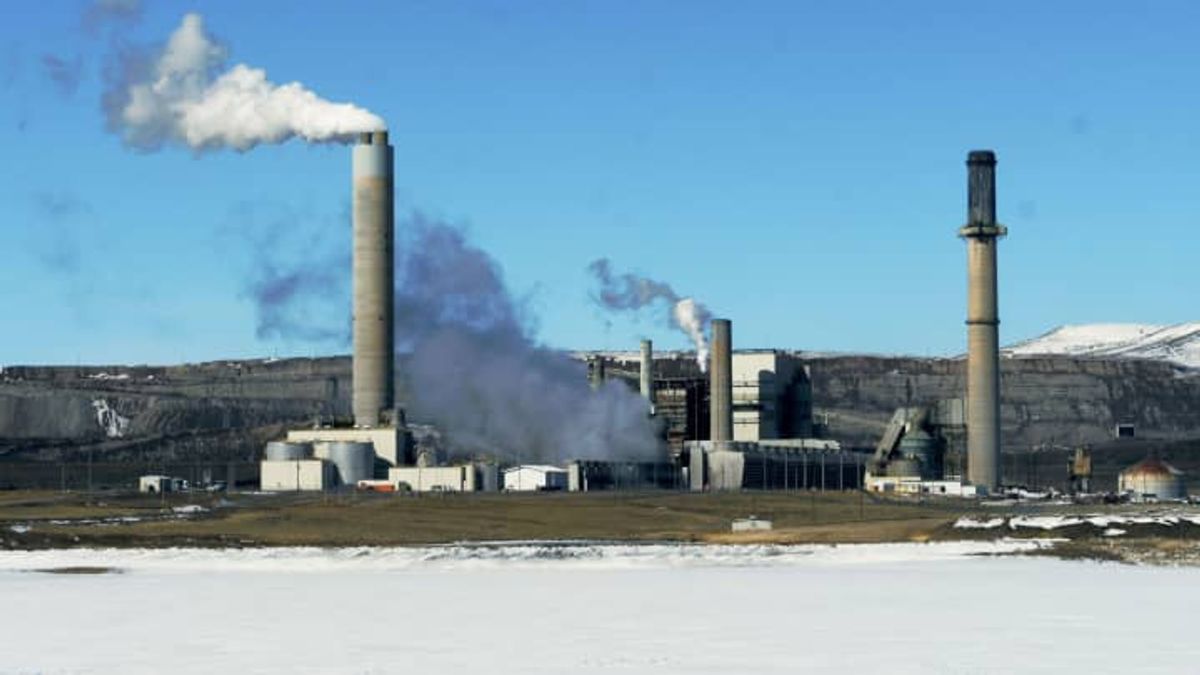
JAKARTA - The dependence on Russia has made Bill Gates' state-of-the-art nuclear power plant experience a delay in launch, claimed for up to two years.
This is because the only company that fuels the TerraPower nuclear plant dubbed Sodium is in Russia.
Sodium will offer a base load of 345 megawatts, with the potential to expand its capacity to 500 megawatts, about half of what is needed to power middle-sized cities.
TerraPower itself received government funds under the Advanced Reactor Demonstration Program by the United States (US) Department of Energy (DoE).
They are targeting 2028 to demonstrate sodium-cooled reactors at the TerraPower pilot plant, which are planned to be built at the location of a coal plant that will retire in Kemmerer, Wyoming, the largest coal-producing state in the US.
Unfortunately, because Russia's invasion of Ukraine never ends, the target inevitably has to be postponed for at least the next two years.
When Russia invaded Ukraine in February, it raised a big question mark for us, director of TerraPower Foreign Affairs, Jeff Navin.
We have a plan. It is a very aggressive timeline. We feel quite confident that we can fulfill it. But it's all based on our first core fuel originating from Russia."
TerraPower is trying to develop a new generation of small nuclear plants to help reduce carbon emissions but only one company is selling the fuel it needs, and it is Russia.
"We think Sodium will be a game-changer for the energy industry," said Gates.
The fuel, called High Assay Low Enriched Uranium, or HALEU which contains up to 20 percent, is well above the 5 percent uranium-235 level currently used by the reactor.
The Sodium reactor will not be able to turn on until the US can resolve its dependence on Russia on HALEU fuel, Navin said construction remains unchanged, and the company will still begin construction of the reactor next year.
Only one company outside Russia, the US-based Centrus Energy Corp, has a license to produce the fuel, but it will take years to generate commercial quantities.
DoE describes HALEU as an important ingredient, especially using a new generation of nuclear reactors in the US that will enable the construction of smaller reactors.
HALEU also has a longer operational cycle and is more efficient than its predecessor technology. In turn, it can serve as a bridge between fossil fuels and renewable energy sources.
The English, Chinese, Japanese, Arabic, and French versions are automatically generated by the AI. So there may still be inaccuracies in translating, please always see Indonesian as our main language. (system supported by DigitalSiber.id)











